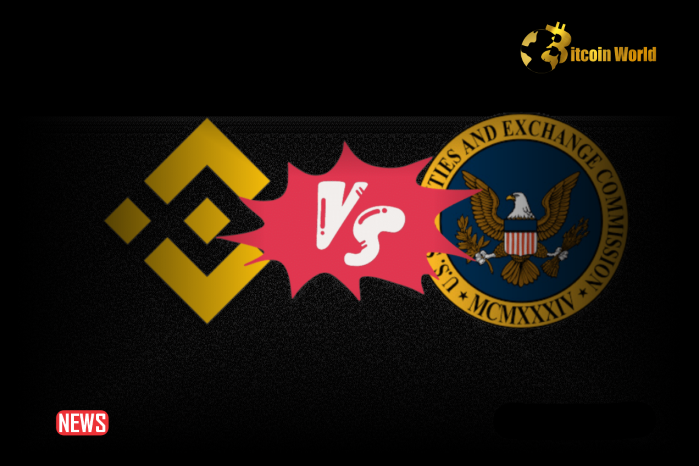Supreme Court Ruling Empowers Ripple in Legal Battle Against SEC
- The United States Supreme Court recently issued a landmark ruling limiting the interpretative authority of federal agencies, including the Securities and Exchange Commission (SEC).
- This decision brings into question the extent to which regulatory bodies can impose rules on ambiguous congressional laws.
- Industry experts are debating whether this ruling could mark a significant win for the crypto sector.
Explore how the Supreme Court’s ruling could reshape regulations and potentially benefit the cryptocurrency industry.
Implications of the Supreme Court Decision on Crypto Regulation
The Supreme Court’s 6-3 ruling effectively overturns the Chevron deference, a principle established in 1984 that allowed federal agencies significant leeway in interpreting ambiguous legislation.
Chief Justice John Roberts underscored the necessity for courts to exercise independent judgment when determining the scope of agency authority, pointing to the Administrative Procedures Act (APA) as a guiding framework.
This shift away from deference to agency interpretation could have substantial consequences for current crypto-related legal disputes. For instance, Ripple, which is embroiled in a legal tussle with the SEC, may see a more favorable outcome as Judge Torres will now exercise greater discretion in interpreting pertinent laws.
Additionally, other crypto giants like Coinbase and Uniswap Labs, which have been served Wells Notices by the SEC, might find themselves in a stronger position. The SEC’s leverage, based heavily on the Howey Test, could be significantly softened under the new ruling framework.
Expert Opinions on the Shift in Regulatory Landscape
Financial market analyst Scott Melker voices that the Supreme Court’s decision could critically undermine the SEC’s standing in its litigation against Coinbase. By challenging the application of the Howey Test in classifying crypto assets as securities, the foundation of the SEC’s argument may be significantly weakened.
Similarly, Ben Lilly from Jarvis Labs points out that the ambiguity surrounding securities laws as they pertain to cryptocurrencies necessitates judicial discretion. The Supreme Court’s ruling reinforces the importance of independent judicial interpretation, heralding potentially game-changing implications for the industry.
Conclusion
The Supreme Court’s recent decision to limit the interpretative authority of federal agencies like the SEC could have far-reaching impacts on the cryptocurrency industry. By shifting the power of interpretation away from agencies to the judiciary, the ruling may pave the way for more nuanced and independent legal evaluations in ongoing and future crypto-related cases. This development holds the potential for creating a more favorable regulatory environment for the crypto sector, but its ultimate effects will unfold as courts begin to apply this new precedent.






